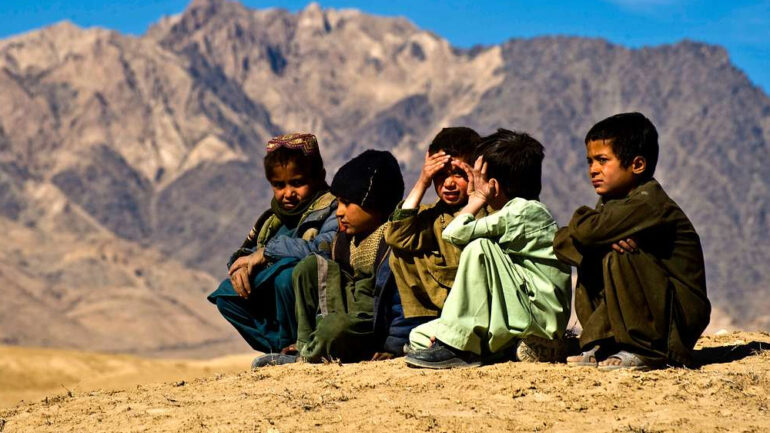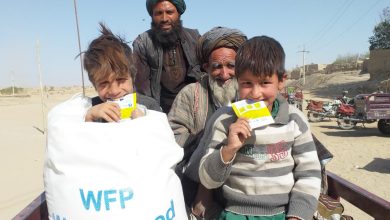
UNESCO Report: Six out of Ten Children in Afghanistan Are Deprived of Schooling
Bayan News – The United Nations Educational, Scientific and Cultural Organization (UNESCO) has published a report stating that in Afghanistan and Nigeria, six out of ten children are unable to attend school.
On Monday, November 4, UNESCO released a report on the “Global State of Education,” which reveals that 251 million children and adolescents worldwide lack access to education.
According to the report, of the children and adolescents globally deprived of schooling, 129 million are boys and 122 million are girls.
UNESCO’s report highlights that there has been minimal progress over the past decade in expanding education globally. Since 2015, the number of children and adolescents without access to education has only decreased by one percent.
The report expresses concern over the substantial disparity in educational access between wealthy and impoverished countries. In low-income countries, 33 percent of children and adolescents cannot attend school, compared to just three percent in high-income countries.
UNESCO notes that sub-Saharan African countries face the greatest challenges in accessing education, with half of the world’s out-of-school children living in these regions.
The organization attributes the lack of improvement in education access to decreased investment and identifies inequality in educational spending between high-income and low-income countries as a pressing issue.
According to the report, wealthy nations invest an average of $8,543 per student, while this figure is only $55 in low- and middle-income countries.
This report comes amid restrictions on education in Afghanistan, where girls have been prohibited from attending schools and universities for the past three years. During this period, according to published statistics, 1.5 million Afghan girls have been unable to attend school.
Richard Bennett: The International Community Lacks a Clear Plan for Afghanistan







